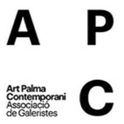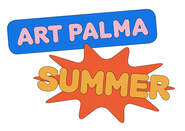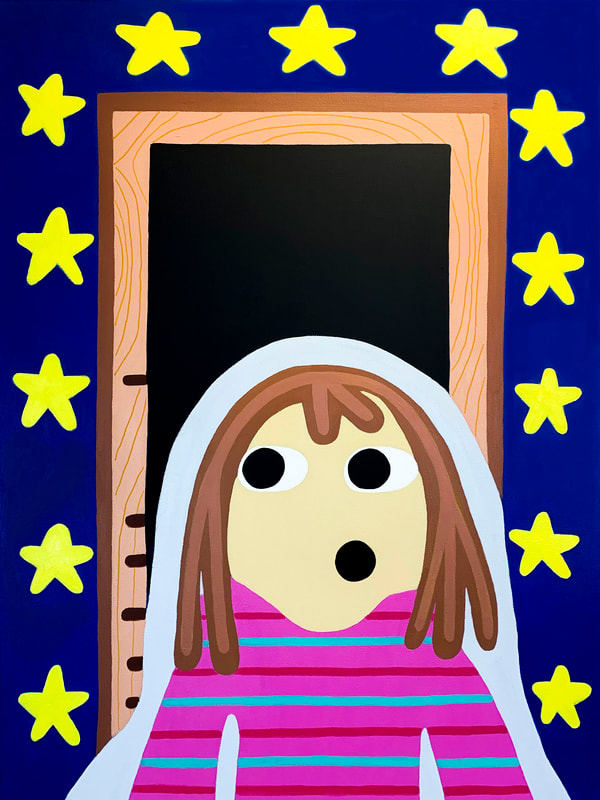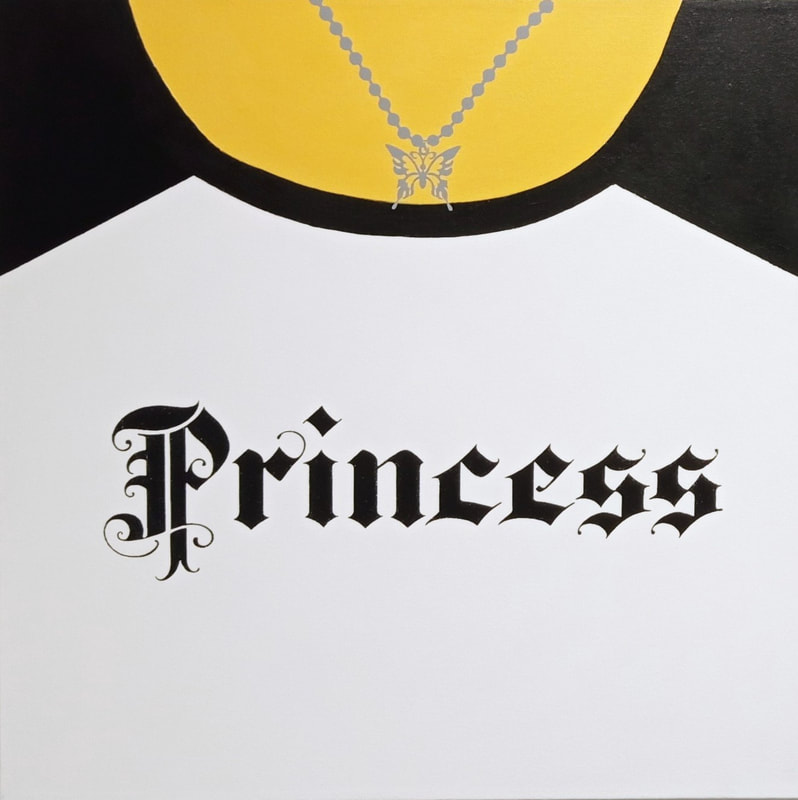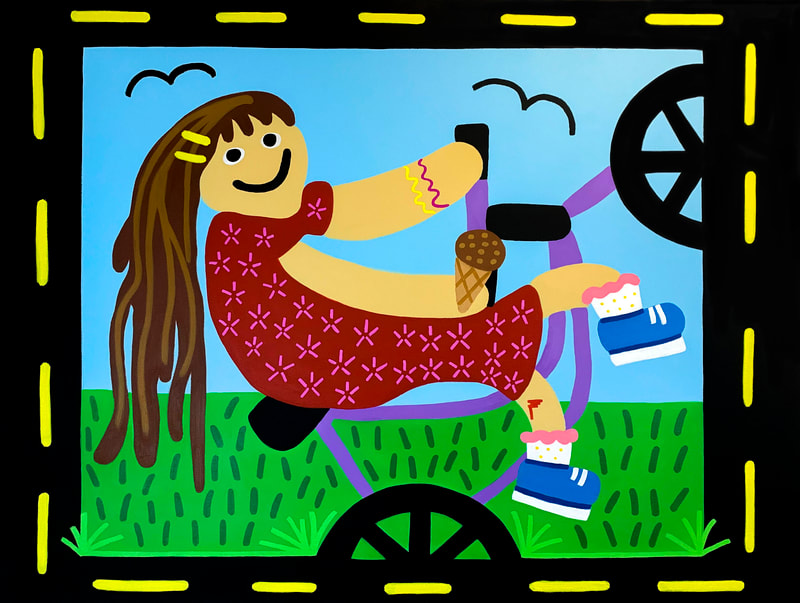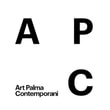|
NADIA FEDIV
OVER THE BORDERLINE JUNE 10 - SEPTEMBER 3, 2021 Adam Beris, Nadia Fediv, Lukas Glinkowski, Katelyn Ledford, Taylor Anton White |
Adam Beris, Nadia Fediv, Lukas Glinkowski, Katelyn Ledford and Taylor Anton White are the names for our new exhibition Over the Borderline. This new proposal brings together the five artists in a space where, what unites them, is revealed, a common point that has nothing to do with the thematic line or the aesthetic itself.
Although all the works are presented in canvas format, hung on the wall like ordinary paintings, it is obvious that they are far from being paintings made with traditional means made in oil, with acrylic or spray.
Clay, glass, stickers, pearls, hair, staples, thread or carpet cloth are some of the materials that make up the paintings of these five artists. Because yes, they are still paintings, paintings that go beyond their own limits, paintings that are called "expanded", that play with other languages and are adapted to the most basic restrictions of their own format, in this case, of arranged paintings on the wall.
Although it is true that the materials used by Adam Beris (Milwaukee, USA, 1987) are usually oil and acrylic, his technique differs from the traditional, since the artist uses the density of the paint to create shapes, without using brushes or palettes. Thus, Adam Beris creates an almost hieroglyphic language, arranging simple figures in a grid that protrude from the canvas with a low relief that imitates clay or ceramics.
For its part, the works of Nadia Fediv (Chicago, NY based, 1997) respond to the basic canons of a painting. However, getting closer, you can see stickers, brilliants, pendants, or even clay additives. Thus, the artist manages to talk about her memories and her insecurities in a humorous way, combining flat colors with simple perspectives and unusual materials.
In turn, Katelyn Ledford (Boston, USA) reflects on the difficult role of women in a general and individual way, and more specifically on the fact of being a woman and an artist. The cynical tone of her work creates a certain acid humor through the combination of historical images and photos from social networks, symbols of the web or television shows, which she complements through unusual materials such as pearls, hair or plastic.
It could be said, on the other hand, that Lukas Glinkowski's paintings (Poland, Berlin based, 1984) respond to a total dynamism of images, since the mirrors that he uses for the base of his works allow the viewer to configure different backgrounds for the same piece, even participating in it with his own reflection. The images are mixed with quotes in different fonts, figures from everyday life or even abstract paint stains.
Finally, the work of Taylor Anton White (San Diego, USA, 1978) is born from improvisation. Spontaneity is his method of work and, through lightness and humor, the artist sews, glues and assembles materials, breaking with the symbolic limits of techniques-sewing as the feminine, the large scale of the results as the male. Thus, the pieces of carpet support wallpaper next to wood or plastic, among many other materials that make up paintings in which paint goes unnoticed.
Although all the works are presented in canvas format, hung on the wall like ordinary paintings, it is obvious that they are far from being paintings made with traditional means made in oil, with acrylic or spray.
Clay, glass, stickers, pearls, hair, staples, thread or carpet cloth are some of the materials that make up the paintings of these five artists. Because yes, they are still paintings, paintings that go beyond their own limits, paintings that are called "expanded", that play with other languages and are adapted to the most basic restrictions of their own format, in this case, of arranged paintings on the wall.
Although it is true that the materials used by Adam Beris (Milwaukee, USA, 1987) are usually oil and acrylic, his technique differs from the traditional, since the artist uses the density of the paint to create shapes, without using brushes or palettes. Thus, Adam Beris creates an almost hieroglyphic language, arranging simple figures in a grid that protrude from the canvas with a low relief that imitates clay or ceramics.
For its part, the works of Nadia Fediv (Chicago, NY based, 1997) respond to the basic canons of a painting. However, getting closer, you can see stickers, brilliants, pendants, or even clay additives. Thus, the artist manages to talk about her memories and her insecurities in a humorous way, combining flat colors with simple perspectives and unusual materials.
In turn, Katelyn Ledford (Boston, USA) reflects on the difficult role of women in a general and individual way, and more specifically on the fact of being a woman and an artist. The cynical tone of her work creates a certain acid humor through the combination of historical images and photos from social networks, symbols of the web or television shows, which she complements through unusual materials such as pearls, hair or plastic.
It could be said, on the other hand, that Lukas Glinkowski's paintings (Poland, Berlin based, 1984) respond to a total dynamism of images, since the mirrors that he uses for the base of his works allow the viewer to configure different backgrounds for the same piece, even participating in it with his own reflection. The images are mixed with quotes in different fonts, figures from everyday life or even abstract paint stains.
Finally, the work of Taylor Anton White (San Diego, USA, 1978) is born from improvisation. Spontaneity is his method of work and, through lightness and humor, the artist sews, glues and assembles materials, breaking with the symbolic limits of techniques-sewing as the feminine, the large scale of the results as the male. Thus, the pieces of carpet support wallpaper next to wood or plastic, among many other materials that make up paintings in which paint goes unnoticed.
| over_the_borderline.pdf |

